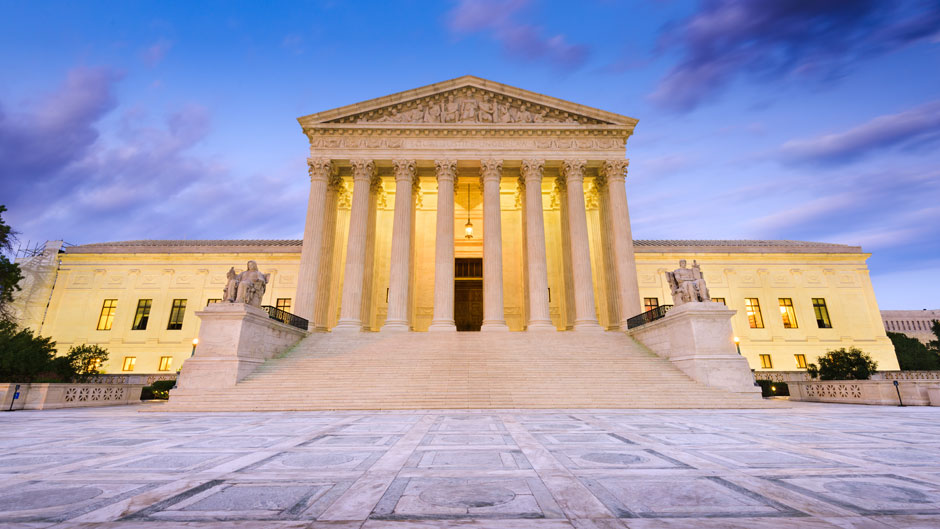Christine Blasey Ford and Brett Kavanaugh are both set to testify Thursday before the Senate Judiciary Committee. And now, with a third woman accusing the circuit judge of sexual misconduct, his nomination to the Supreme Court is receiving further scrutiny.
News@theU reached out to University of Miami faculty for their input on the important questions surrounding the Kavanaugh case.
Some men have expressed an opinion that Ford is not to be believed. Trump said that he felt “terribly” for Kavanaugh and predicted that the judge would be exonerated. Senator Orrin Hatch said Ford must be “mistaking [Kavanaugh] for someone else.” And Ford’s lawyer has reported that she has been the target of vicious harassment and even death threats. Why are accusers still coming under attack even after the #MeToo movement has gained credibility?
Even as #MeToo has gained traction and we continue to learn more about how common sexual assault and sexual harassment are, it can take time for the larger culture to change. There has long been a suspicion around reports of sexually based crimes. In truth, fabricated reports of rape are uncommon and occur at about the same frequency as that for other types of violent crime.
—Audrey Cleary, Ph.D., licensed clinical psychologist in the University of Miami Counseling Center and coordinator of the Sexual Assault Resource Team (SART).
Two other women have accused Kavanaugh of sexual misconduct. These are decades-old allegations. What are the reasons some women wait to speak out?
There are many possible and common reasons. When society blames victims what happens to them, those who experience sexual violence may not label it as such or as a crime, or it may take time for them to see it that way. There are also costs to coming forward, of which survivors can be well aware. The act of telling the story of one’s assault can be re-traumatizing. Survivors may expect that, if they tell, others won’t believe them or that it will be their word against the perpetrator’s—a risk that is amplified if the perpetrator is in a position of power. They may (consciously or unconsciously) avoid thinking about what happened to them, an act of self-protection in moving forward. Additionally, in at least 80 percent of sexual assaults, survivors knew their assailant in some capacity prior to the attack, which means that there can be consequences to reporting in other areas of the survivor’s life. They may fear retaliation or alienating other relationships. For those who eventually do speak out, something may have changed, which may be that they finally felt ready, supported in doing so, or that they could.
—Audrey Cleary, Ph.D., licensed clinical psychologist in the University of Miami Counseling Center and coordinator of the Sexual Assault Resource Team (SART).
What is your analysis of the U.S. Senate's approach to dealing with the allegations of sexual misconduct now levied against Judge Kavanaugh?
The Senate Judiciary Committee’s approach is troubling, not only to me, but to a number of legal scholars from schools of law across the country. On Wednesday, I, along with 250 of my colleagues at schools of law who are experts in gender violence law, signed a letter that was sent to the judiciary committee. We are concerned that the Senate’s approach to these very troubling allegations precludes a careful thoughtful determination of Judge Kavanaugh’s fitness to serve on the highest court. Statements by some of the senators are prejudging the credibility of Dr. Christine Blasey Ford. “The attacks on the witnesses’ credibility and integrity are reminiscent of outdated and discredited stereotypes that defy best practices developed through decades of research about fair and effective treatment of sexual violence survivors,” my colleagues and I wrote in the letter to the committee.
-Donna Coker, Professor of law, University of Miami School of Law. Other Miami Law legal experts signing the letter include Mary Anne Franks, Caroline Betting-Lopez, and Martha Mahoney.

